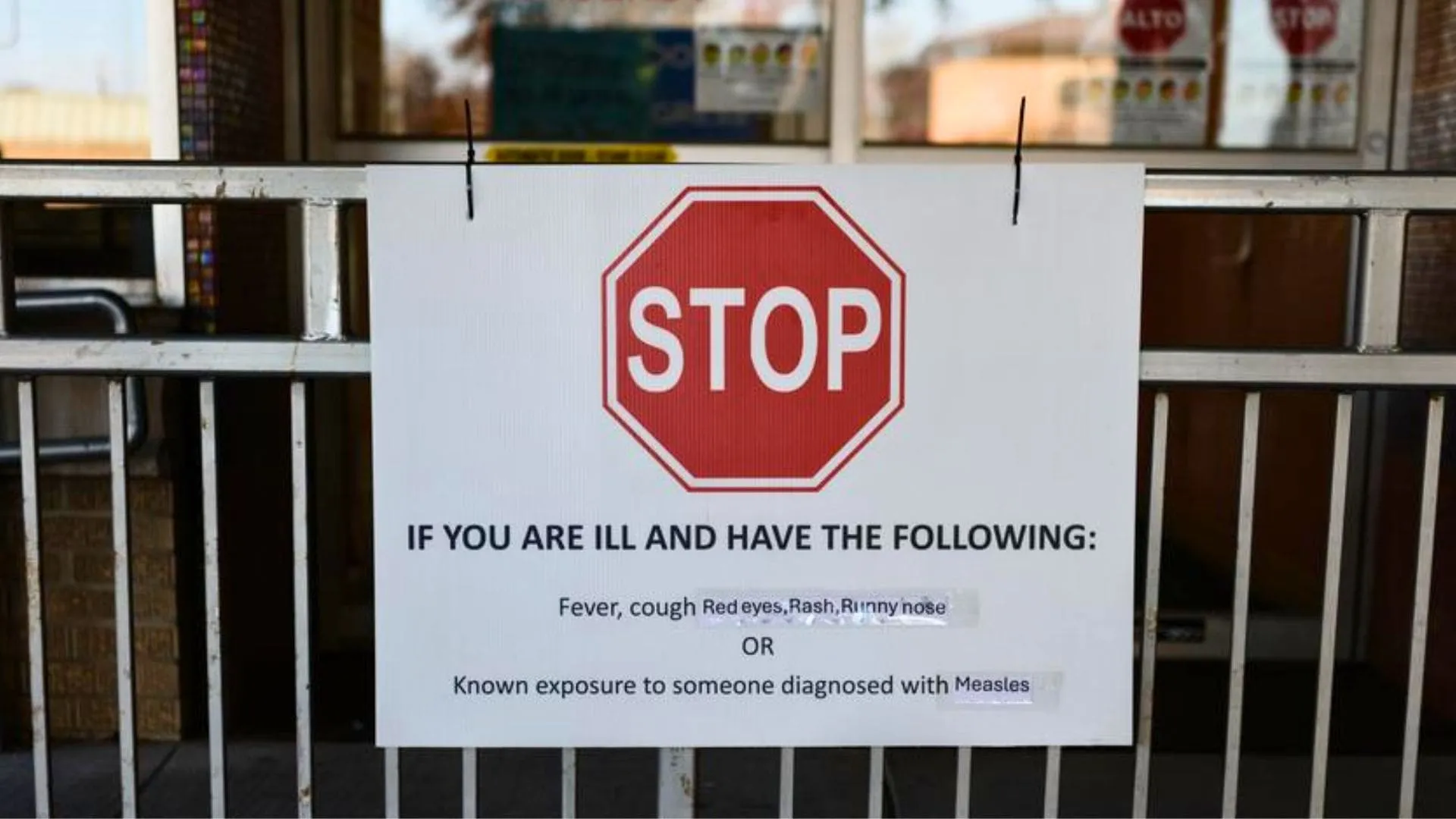Prostate cancer remains one of the most common types of cancer affecting men worldwide, and the UK is no exception. Despite advances in early detection, treatment, and awareness, disparities in the diagnosis and outcomes of prostate cancer persist, particularly among certain ethnic groups. Recent analysis has shed light on a troubling trend: Black men in England are more likely to be diagnosed with late-stage prostate cancer compared to other ethnic groups. This disturbing finding highlights a critical gap in healthcare that needs urgent attention, as early diagnosis and treatment are crucial in improving survival rates and reducing the burden of this disease.
Prostate Cancer: An Overview
Prostate cancer is a type of cancer that begins in the prostate, a small gland located beneath the bladder that produces seminal fluid. The prostate is an essential part of the male reproductive system, and prostate cancer occurs when abnormal cells grow uncontrollably within the gland. In the early stages, prostate cancer often does not present noticeable symptoms, which makes it more difficult to detect without screening.
As prostate cancer progresses, symptoms can include frequent urination, difficulty urinating, blood in urine or semen, painful ejaculation, and lower back pain. In the advanced stages, the cancer can spread to other parts of the body, including the bones and lymph nodes, leading to more severe health issues.
Prostate cancer can often be treated successfully when diagnosed early. The common treatment options include surgery, radiation therapy, hormone therapy, and chemotherapy, depending on the stage and aggressiveness of the cancer. However, when prostate cancer is diagnosed at a later stage, the chances of successful treatment and survival significantly decrease, highlighting the importance of early detection.
The Disparity: Black Men and Late-Stage Diagnosis
Recent research has brought to light that Black men in England are disproportionately affected by late-stage diagnoses of prostate cancer. Studies show that these men are not only more likely to be diagnosed with prostate cancer, but when they are diagnosed, the cancer tends to be in a more advanced stage than in men from other ethnic backgrounds.
The reasons behind this disparity are multifaceted, involving a combination of genetic, social, cultural, and healthcare-related factors. Understanding these contributing factors is key to addressing the unequal burden of prostate cancer among Black men in the UK.
Higher Incidence in Black Men
One of the key findings of recent studies is that Black men are at a higher risk of developing prostate cancer in the first place. Research shows that Black men are more likely to be diagnosed with prostate cancer at an earlier age and have a higher incidence rate compared to White men. While prostate cancer can affect men of all ethnicities, Black men have the highest rate of diagnosis, with some studies suggesting that they are 2-3 times more likely to develop the disease than their White counterparts.
Several studies have suggested that the increased risk of prostate cancer in Black men could be linked to genetic factors. For example, certain genetic mutations, such as those in the BRCA2 gene, have been shown to increase the likelihood of prostate cancer, and these mutations may be more prevalent among Black populations. Other genetic factors that might predispose Black men to prostate cancer are still being investigated.
Late-Stage Diagnosis: The Heart of the Problem
Despite the higher incidence of prostate cancer in Black men, research also indicates that these men are more likely to be diagnosed at a later stage of the disease. Late-stage diagnosis means that the cancer has spread beyond the prostate, making treatment more difficult and the prognosis less favorable. The reasons behind late-stage diagnosis among Black men are complex and include both systemic healthcare issues and individual factors.
One possible explanation is the delay in seeking medical attention. Cultural attitudes and beliefs may play a role in the reluctance to seek medical help, with some Black men avoiding doctors or not being proactive about getting regular screenings. There may be a lack of awareness about the importance of early detection and the availability of screening methods, such as the Prostate-Specific Antigen (PSA) blood test or digital rectal exams (DRE), which can help detect signs of prostate cancer before symptoms appear.
Another contributing factor is the lack of access to healthcare in certain communities, particularly for individuals in socioeconomically disadvantaged areas. Black men in these communities may not have the same level of access to regular health check-ups, cancer screenings, or timely treatment. This can result in undiagnosed or untreated prostate cancer that advances without being detected.
The Impact of Late-Stage Diagnosis
Diagnosing prostate cancer at a late stage has significant consequences for Black men. When prostate cancer is diagnosed at an advanced stage, it is more likely to have spread to other parts of the body, including the bones and lymph nodes. This makes it harder to treat and reduces the chances of a successful outcome.
Advanced prostate cancer may require more aggressive treatments, such as chemotherapy, hormone therapy, or targeted therapy. These treatments can have serious side effects, including fatigue, nausea, hair loss, and a weakened immune system. Furthermore, the survival rate for men diagnosed with advanced prostate cancer is much lower than for those diagnosed in the early stages. According to statistics, the 5-year survival rate for localized prostate cancer is nearly 100%, while for advanced prostate cancer, the survival rate drops significantly.
In addition to the physical health challenges, late-stage diagnosis of prostate cancer can also have emotional and psychological consequences. Men who are diagnosed with advanced cancer may experience feelings of fear, anxiety, and depression as they confront the reality of their diagnosis. The impact on family members and loved ones can also be profound, as they deal with the emotional and financial toll of the disease.
Addressing the Disparities: What Needs to Change?
Given the clear disparities in prostate cancer diagnoses among Black men in England, it is essential to take action to address these issues and reduce the burden of late-stage diagnosis. Several steps can be taken at the individual, community, and systemic levels to improve early detection and outcomes for Black men with prostate cancer.
Improving Awareness and Education
One of the most important steps in addressing this issue is increasing awareness and education about prostate cancer, particularly in Black communities. Public health campaigns should focus on informing Black men about the risks of prostate cancer, the importance of regular screenings, and the symptoms to watch for. Healthcare providers and organizations can play a critical role in reaching out to these communities and offering education about the benefits of early detection.
Increased education efforts could help reduce the stigma and cultural barriers that may prevent Black men from seeking medical help. Prostate cancer awareness campaigns should also be culturally tailored to address the specific concerns and beliefs of Black communities, ensuring that the message resonates and encourages proactive health behavior.
Enhancing Access to Healthcare
Another key area of focus is improving access to healthcare for Black men, particularly those living in disadvantaged areas. Ensuring that all individuals, regardless of their socioeconomic status, have access to affordable healthcare and cancer screenings is crucial in addressing health disparities. Outreach programs, mobile health clinics, and community-based healthcare initiatives could help bridge the gap and provide screening services to underserved populations.
Encouraging Regular Screening
Regular screening is essential for detecting prostate cancer early, especially for high-risk groups such as Black men. Healthcare providers should encourage Black men to undergo regular screenings for prostate cancer, starting at an earlier age than the general population, as they are at greater risk. PSA tests and DRE exams can help identify early signs of cancer and allow for timely intervention.
Prostate cancer is a serious health issue, and Black men in England are facing a higher risk of both developing the disease and being diagnosed at later stages. This late-stage diagnosis significantly impacts their prognosis and survival rates. It is crucial that steps be taken to address the underlying causes of these disparities, including improving awareness, increasing access to healthcare, and promoting regular screenings.
By addressing these issues, we can help ensure that Black men in England have the same opportunities for early diagnosis and treatment as any other group. Early detection saves lives, and by making prostate cancer awareness a priority, we can work toward reducing the health disparities that currently exist in the fight against this disease.























